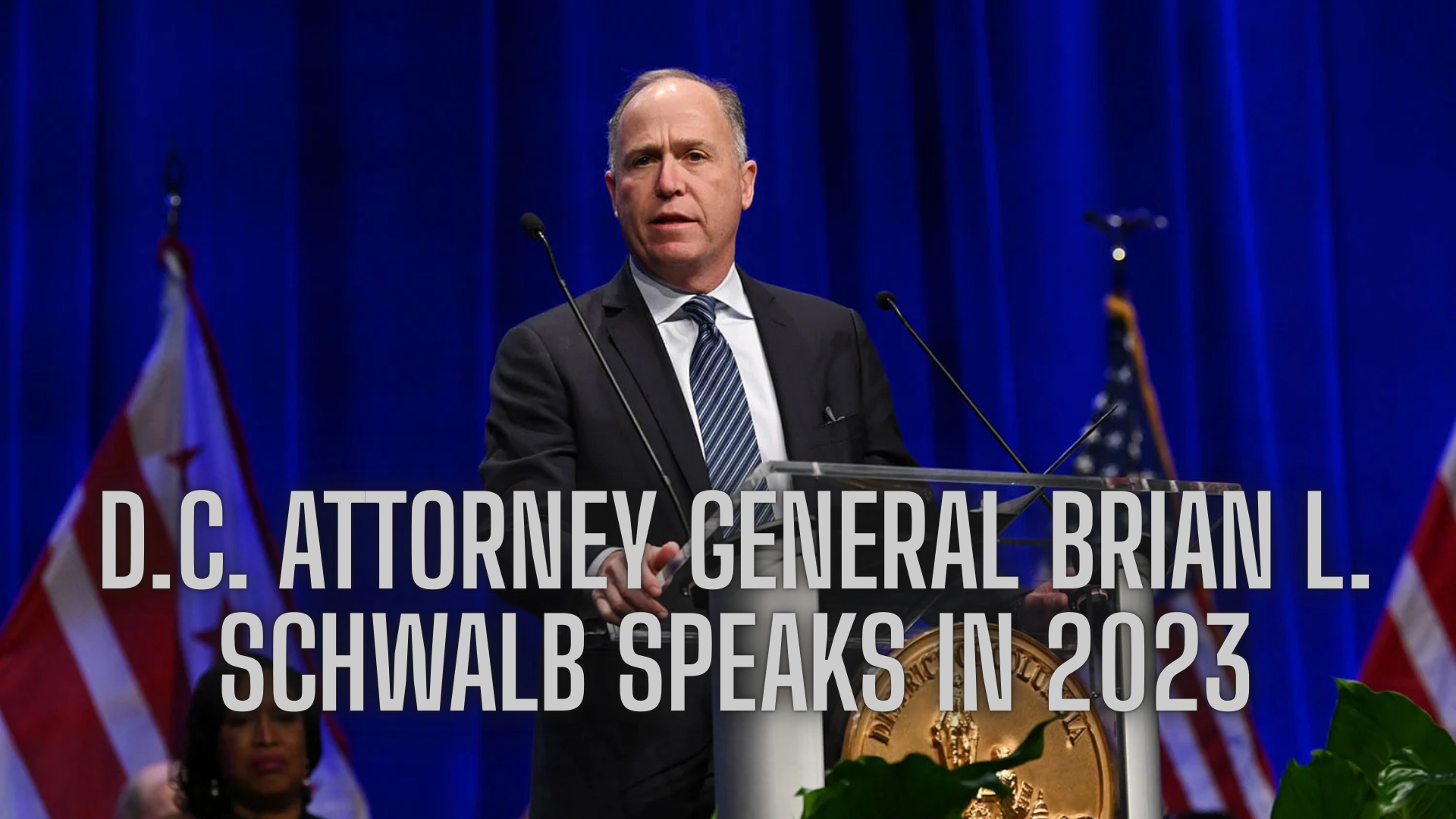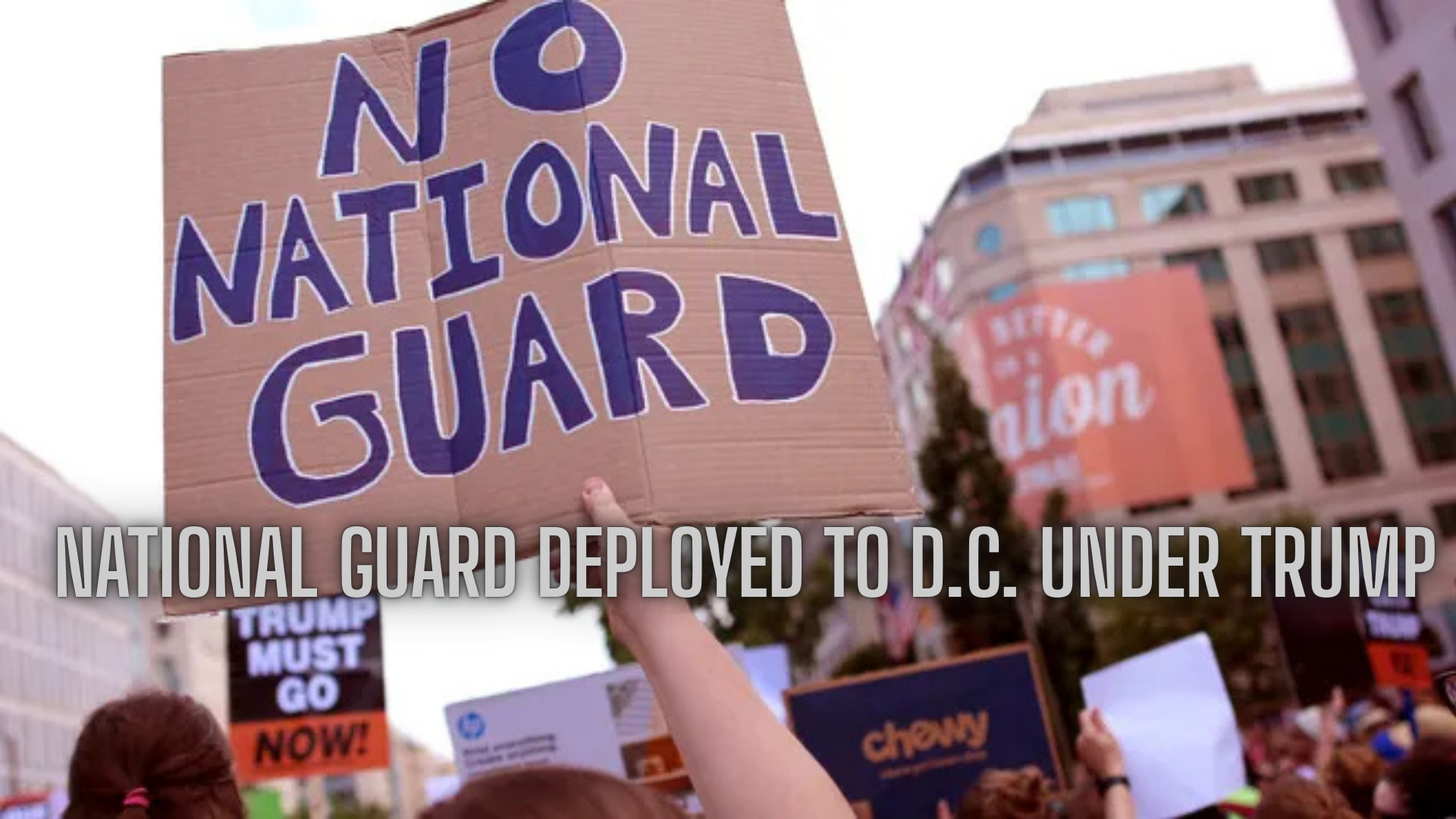Trump’s Massive Bill Has More Than Just Tax Cuts—Here Are 7 Hidden Provisions You Didn’t Hear About
When former President Donald Trump signs his sweeping tax and spending legislation — dubbed the “One Big Beautiful Bill Act” — much of the media spotlight will fall on its headline-making components: major tax cuts, dramatic reductions in Medicaid and food stamp funding, and billions allocated to border security.
But buried within the hundreds of pages of legislative text are several obscure provisions that are unlikely to grab front-page attention, yet may have a significant impact on everyday Americans — and even some unexpected industries. Here are seven little-known elements tucked into Trump’s latest economic overhaul
1. Discovery Space Shuttle Is Headed to Houston
The space shuttle Discovery, which has been on display at the Smithsonian’s National Air and Space Museum annex in Virginia since its retirement in 2011, is getting a new home. The bill allocates $85 million to relocate and house Discovery at NASA’s Johnson Space Center in Houston.
The push came from Texas Republican Senators John Cornyn and Ted Cruz, who argued that Houston — historically the heart of America’s spaceflight control — deserved to house one of the iconic orbiters that defined a generation of space exploration.
2. New Launch Fees for SpaceX and Other Commercial Rockets

In a nod to the booming private space industry, the bill introduces a new fee structure for companies like SpaceX and Blue Origin. Starting modestly at 25 cents per pound (capped at $30,000 per launch), the fees will gradually increase over eight years. By 2033, they’ll hit $1.50 per pound, capped at $200,000 per launch, with future increases tied to inflation.
The goal? To help the FAA’s Office of Commercial Space Transportation keep up with the rapid growth in rocket launches — both orbital and suborbital.
3. Gamblers Hit with Higher Taxes on Winnings
Professional and casual gamblers alike could face a tough new tax reality. Until now, gamblers could fully deduct losses against their winnings. Trump’s bill changes that, capping deductions at just 90% of losses.
For example, a gambler who wins $100,000 but loses $80,000 would typically pay taxes on $20,000 in net earnings. Under the new rule, they’d owe taxes on $28,000 — effectively taxing income they never actually received.
“This will destroy professional gambling in the U.S.,” poker pro Phil Galfond warned on X (formerly Twitter). “Even casual players could end up paying more in taxes than they actually win.”
4. A $257 Million Makeover for the Kennedy Center
Despite cutting arts funding elsewhere, Trump is giving the Kennedy Center for the Performing Arts a massive facelift. The bill sets aside $257 million for renovations and upgrades to the prestigious Washington, D.C. venue.
This move is aligned with Trump’s reshaping of the Kennedy Center’s board, now filled with his political allies. He even attended the opening of Les Misérables last month, drawing both applause and boos from the audience.
5. No More Fees on Gun Silencers and Short-Barrel Rifles
The bill removes the $200 tax fee historically charged to individuals purchasing gun silencers or short-barrel rifles, while also scrapping federal registration requirements for these items. These changes carve silencers and short-barrel rifles out of the National Firearms Act of 1934, which was originally enacted to curb violent gang activity.
Machine guns and explosives remain regulated under the law, but gun rights advocates are hailing this provision as a victory for Second Amendment freedoms.
6. Bigger Tax Deductions for Whaling Captains
Senator Lisa Murkowski of Alaska used her pivotal vote to secure a substantial boost for her state’s traditional industries. Specifically, the bill increases the tax deduction for Native Alaskan whaling captains from $10,000 to $50,000.

The deduction is meant to offset the high costs of maintaining whaling equipment and supporting subsistence communities that rely on the ancient practice for survival and cultural preservation.
7. Loan Interest Deductions for American Car Buyers
If you’re planning to purchase an American-made vehicle between 2025 and 2028, you could qualify for a tax break. The bill allows car buyers to deduct up to $10,000 in interest paid on auto loans for eligible vehicles.
While the full benefit would go to those purchasing luxury American cars, even buyers of mid-range trucks or SUVs could save hundreds each year. However, this comes at the cost of eliminating the $7,500 federal tax credit for electric vehicles — a signature incentive from the Biden administration that was previously set to last until 2032.
Conclusion:
Though Trump’s “Big, Beautiful Bill” is primarily framed as a tax and spending overhaul, it’s filled with niche provisions that reflect the priorities and bargaining power of individual lawmakers and key interest groups. From space shuttles and poker players to whale hunters and gun owners, the bill’s reach extends far beyond the obvious. And as with any legislation of this magnitude, the devil — and the drama — is in the details.




2 thoughts on “7 Surprising Items Hidden in Trump’s “Big, Beautiful Bill” You Probably Missed”